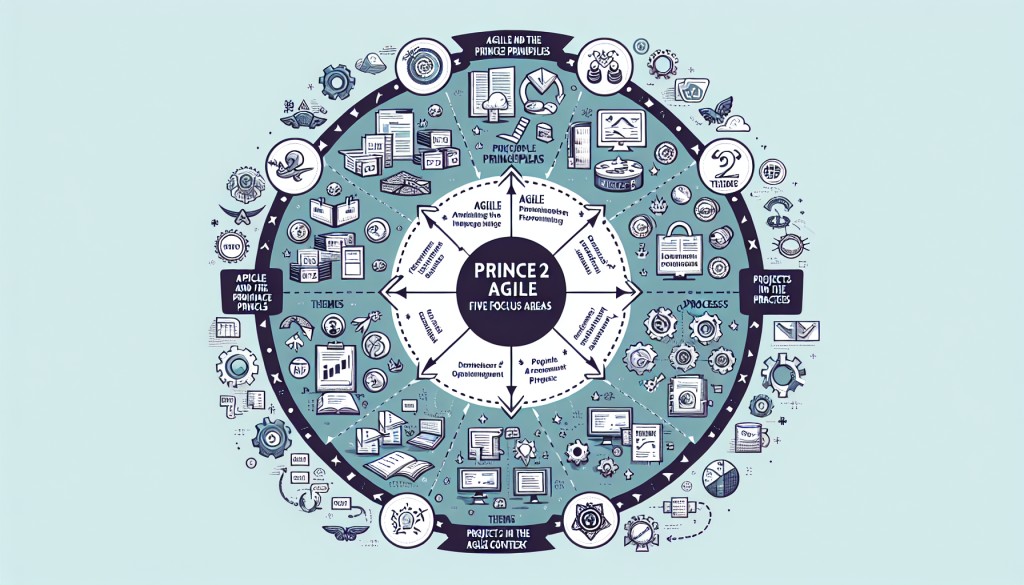In recent years, there has been a significant shift in the way projects are approached and managed. Traditional project management methodologies have given way to more dynamic and flexible approaches, with Agile strategies at the forefront of this revolution.
Agile methodologies are based on the principles of adaptability, collaboration, and continuous improvement. By breaking projects down into smaller, more manageable increments, teams are able to respond quickly to changes and deliver value to customers faster. This approach not only improves project success rates but also fosters a more creative and innovative working environment.
One of the key benefits of Agile strategies is their ability to accommodate change. In todays fast-paced business world, projects are often subject to shifting requirements and priorities. Agile methodologies allow teams to embrace change rather than resist it, leading to more successful project outcomes.

Furthermore, Agile methodologies promote collaboration and communication among team members. The Evolution of Agile Project Management Trends . By encouraging regular feedback and interaction, teams are able to work more cohesively towards a common goal. This not only improves project success rates but also boosts morale and engagement among team members.
Overall, Agile strategies are revolutionizing project success by providing a more adaptable, collaborative, and innovative approach to project management. By embracing these methodologies, organisations can stay ahead of the curve and deliver value to customers more efficiently and effectively.